When My Chemical Romance’s 2020 reunion tour was announced, fans went wild – the entire North American leg sold out in under six hours. The band even added extra dates, which, surprise surprise, also sold out in no time. This is the same band that made a massive impact in the 2000s and 2010s, and they’re still proving their influence is as strong as ever. With that kind of impact, you’ve got some big responsibilities – and let’s just say, they’re handling it pretty well.
Gerard Way, from day one in the spotlight, has been waving the social justice flag high. As the frontman of My Chemical Romance and the brain behind The Umbrella Academy comic series, he’s been vocal about supporting feminist issues, LGBTQ+ rights, and other human rights causes. While the whole band has used their platform for good (who could forget Frank Iero’s legendary “Homophobia is Gay” t-shirt?), this article will shine the spotlight on Gerard and his moments of clearly championing feminist beliefs and empowering women.
Five Times Gerard Way showed he’s a real feminist
1. Not calling himself a “feminist”.
Ironic, right?
In an interview with Nicole Herviou on Mashable, Gerard Way answered a question about whether he’s a feminist by saying, “I don’t think it’s my decision to call myself a feminist… I don’t think it’s up to me.”
What Gerard’s saying here is pretty humble. Instead of slapping the “feminist” label on himself, he’s acknowledging that it’s not his place to decide if he deserves that title—it’s up to others, especially women, to determine if his actions reflect the values of feminism. In essence, he’s showing that being an ally is more about what you do and how those actions are received, rather than just calling yourself something. It’s a refreshing take, showing he understands feminism isn’t about self-praise but about supporting the movement in meaningful ways.
And let’s face it, that’s a pretty solid mindset to have—actions speak louder than words, after all!
2. The “young women” interludes
My Chemical Romance, with their huge fanbase of teenage girls, often took moments during live concerts to speak directly to this part of their audience. In what fans sometimes call the “young women” speech, Gerard Way would ask the “young women” in the crowd to make some noise before acknowledging the challenges they face due to social injustice. He would then point out that the reason they’re facing this “shit” is because things are changing, and the people in power – “the suits on top” – are afraid of that change.
What’s really remarkable about this short statement is that Gerard isn’t handing out advice or acting like he’s got all the answers for these young women. He’s simply acknowledging what they’re going through and offering some encouragement by pointing out that things are changing—and that the misogynists who’ve mistreated women for ages are starting to get scared. Another great thing is that this “speech” was never officially released by My Chemical Romance or included in any of their videos. If you look it up on YouTube, you’ll only find fan clips, mostly posted by young women themselves. That’s pure class. No big campaigns, no marketing push, and definitely no mansplaining—just genuine, powerful words aimed at empowering women, especially those navigating tough times.
3. Zero tolerance for objectification of women
Gerard Way has consistently stood against the objectification of women in the music scene, and he’s never been one to keep quiet about it. One iconic moment came during a live show when a girl in the crowd flashed him. Without missing a beat, Gerard responded, “we’re not into that.” No fuss, just a quick reality check. And if that wasn’t enough, during another live concert, he dropped one of his most memorable lines: “If you ever see shitty ass rock dudes in shitty ass rock bands asking you to show them your tits for backstage passes, I want you to spit right in their fucking faces and yell FUCK YOU!”
Gerard later explained in the Life on the Murder Scene documentary that this frustration stemmed from seeing local band members ask girls to flash them for backstage entry—an experience that made him flip. It’s no wonder he’s so vocal about it. Instead of playing into the old-school rockstar stereotype, Gerard made it clear that this kind of behavior doesn’t belong at their shows. He wasn’t trying to be a saviour—he was simply empowering women to stand up for themselves. And let’s be honest, encouraging them to literally spit in the faces of sexist dudes? That’s punk rock with a purpose.
4. MCR lyrics and themes
Gerard Way and My Chemical Romance have always been more than just a band with dramatic music and catchy hooks—they’ve also woven some pretty impactful feminist messages into their lyrics. One standout example is “You Know What They Do to Guys Like Us in Prison.” This track takes a direct shot at toxic masculinity, flipping the script on those tough-guy stereotypes and challenging outdated gender norms. It’s a clever commentary on the absurdity of hyper-masculine environments, showing that vulnerability is actually a form of strength. Another gem is “I Don’t Love You,” which presents walking away from a toxic relationship as a powerful act, not a sign of weakness. And then there’s “Teenagers,” which pushes back against societal pressures with a rebellious spirit that resonates with anyone who’s ever felt the need to defy conformity.
When it comes to female characters in My Chemical Romance’s music, the band didn’t just include them as background players. Helena, from “Helena,” is a poignant symbol of strength and emotional depth that drives the album’s narrative. Meanwhile, The Girl from Danger Days is far from a damsel in distress. Instead, she represents hope and resilience, serving as a central figure that the Killjoys fight to protect. These female characters are integral to the band’s stories, embodying themes of empowerment, hope, and resistance in ways that complement their music and message perfectly.
5. Comic book characters and writing
As a comic book writer, Gerard Way is best known for The Umbrella Academy—which you’ve probably seen on Netflix. He’s also worked on Doom Patrol (Volume 6) and The True Lives of the Fabulous Killjoys. Through these works, he’s brought several powerful female characters to life. Take Vanya Hargreeves, who transforms from being overlooked to unleashing her true power, or Allison Hargreeves, whose voice can literally bend reality. Then there’s Casey Brinke from Doom Patrol, a comic book hero made real, kicking ass in both worlds!
What’s especially interesting is how Gerard approaches these characters. In a chat on the Fatman on Batman podcast, he talked about working closely with female creators to shape his stories with their insights. This collaboration not only adds creative flair but also brings an essential female perspective that makes his characters feel real and relatable. Creating strong female characters is one thing, but making them genuinely empowering—that’s where Gerard truly shines. By working with female voices, he ensures his stories reflect authentic experiences, showing his commitment to feminism through his work.
Whether through his powerful lyrics, his stance against objectifying women in the rock scene, or the strong, multidimensional female characters he creates in his comics, Gerard consistently uses his platform to advocate for gender equality and empowerment. By collaborating with female creators and addressing social justice issues head-on, he demonstrates that feminism is not just about speaking up, but about taking meaningful actions to make a difference.

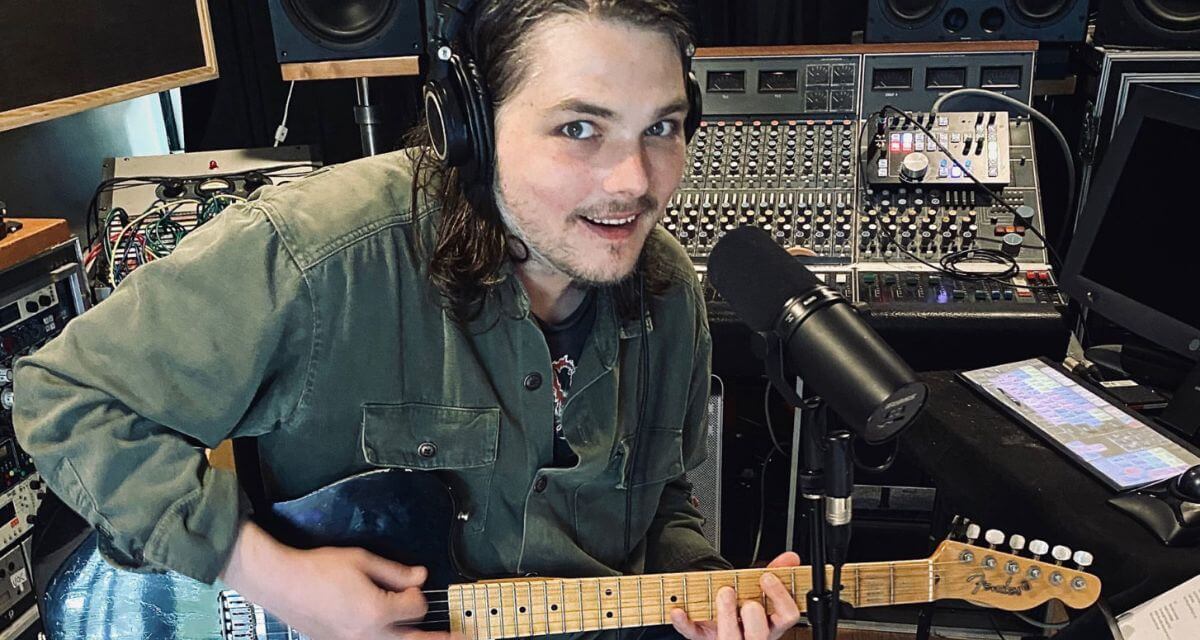
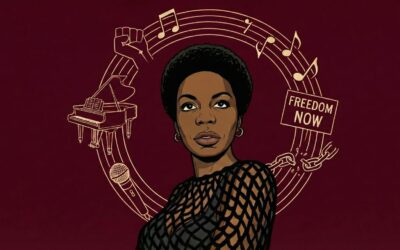

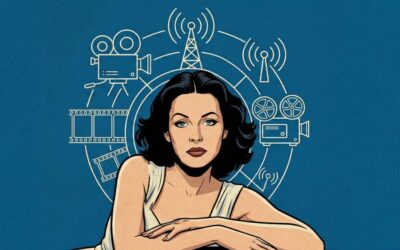
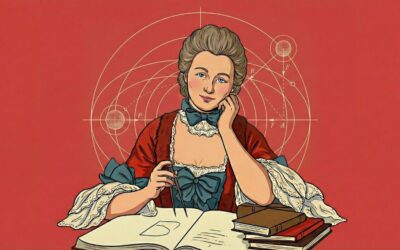


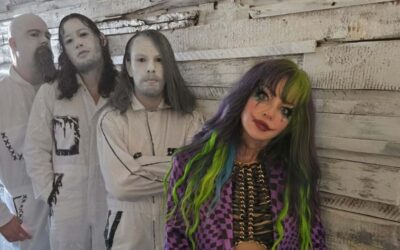
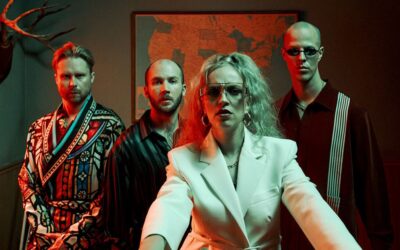

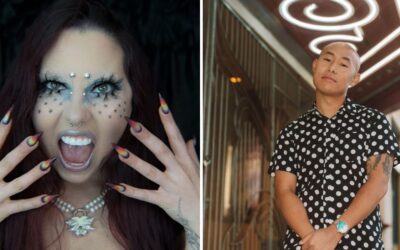
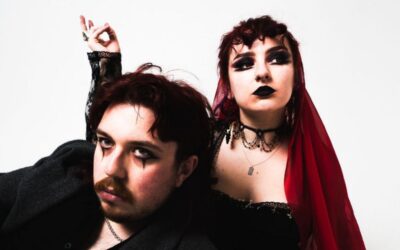

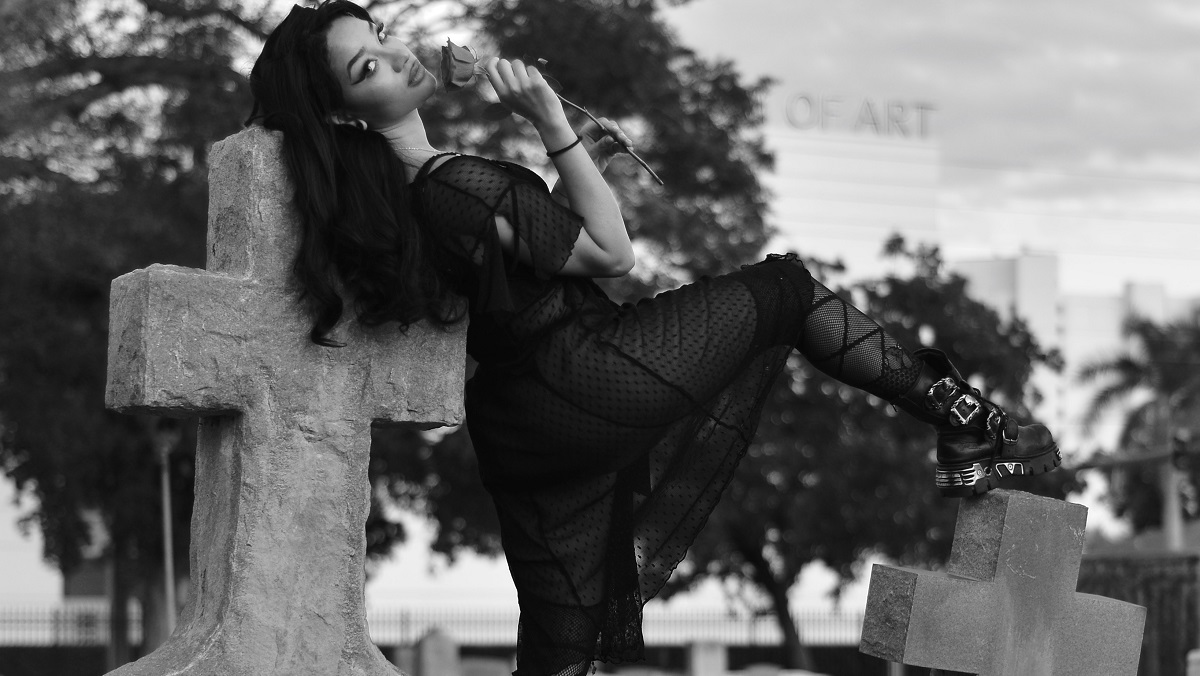

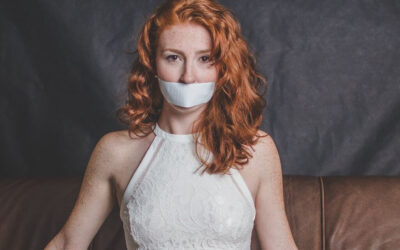
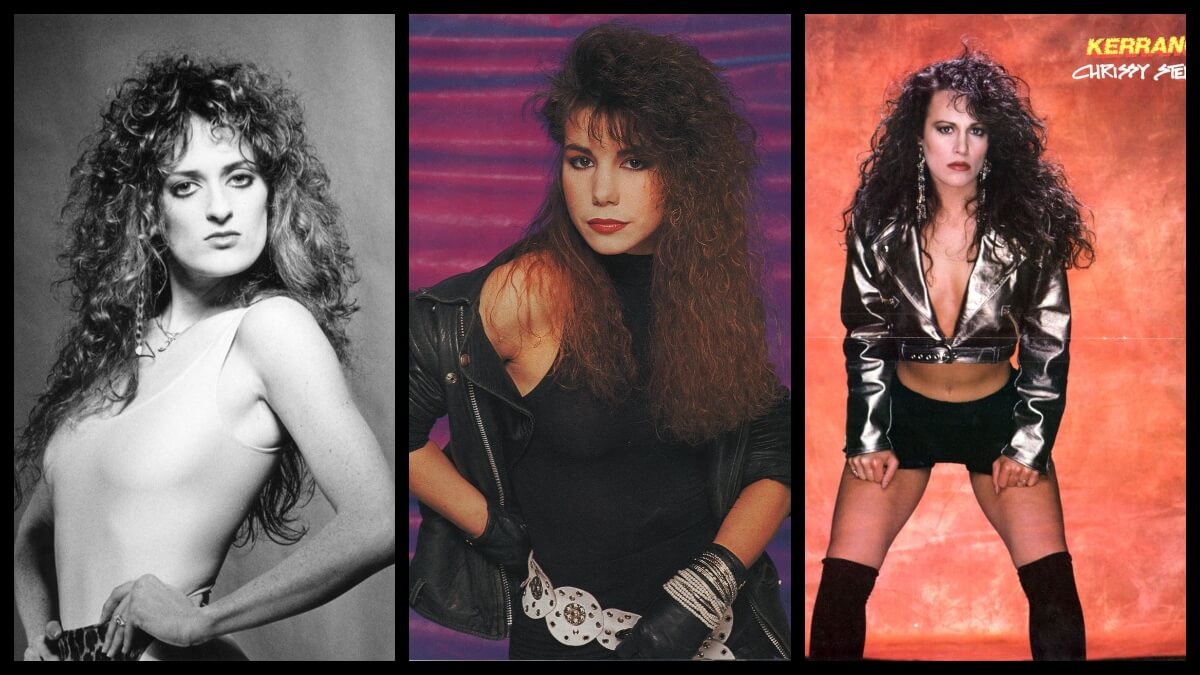
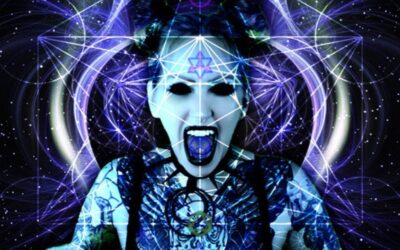
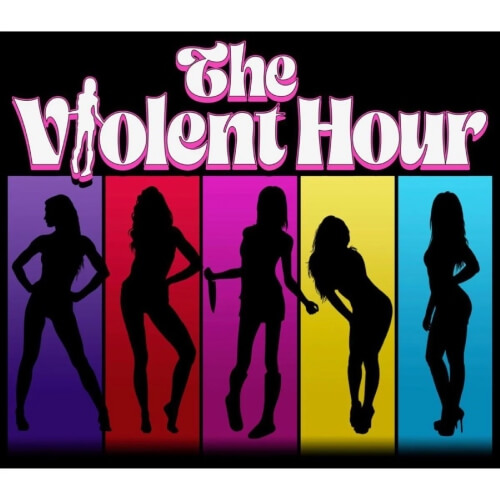
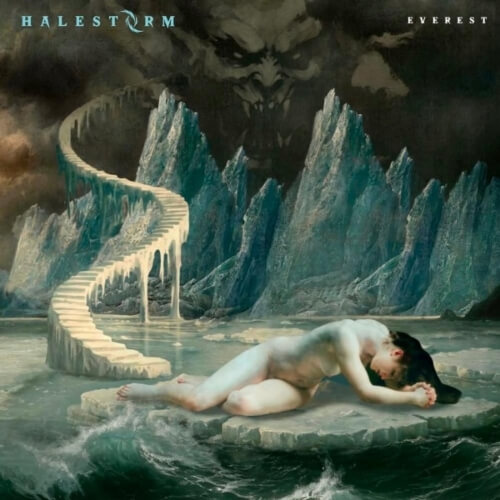
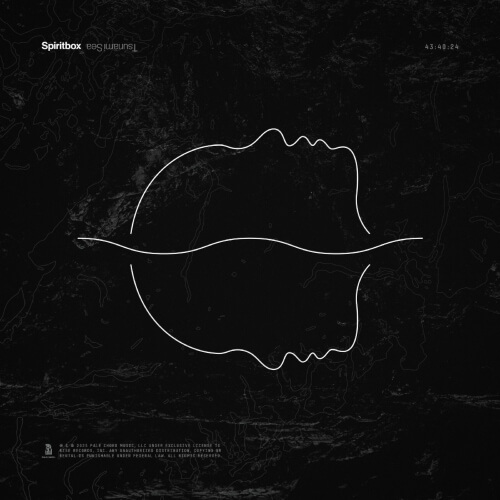
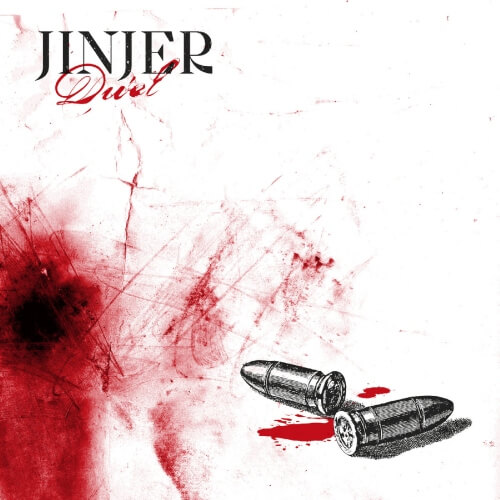
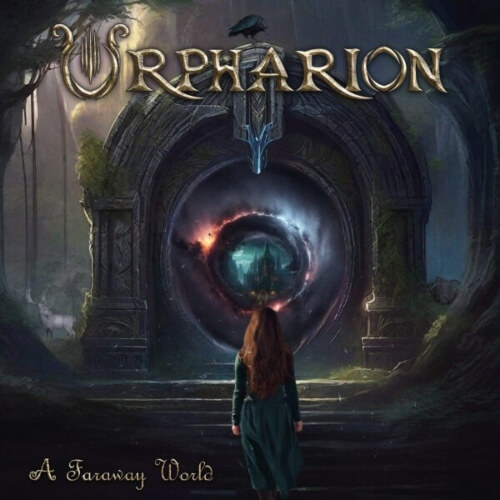
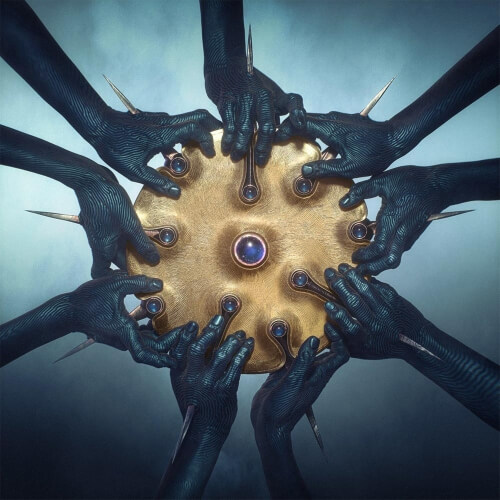
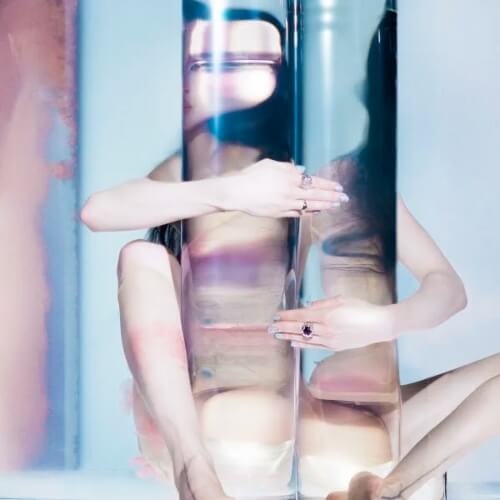
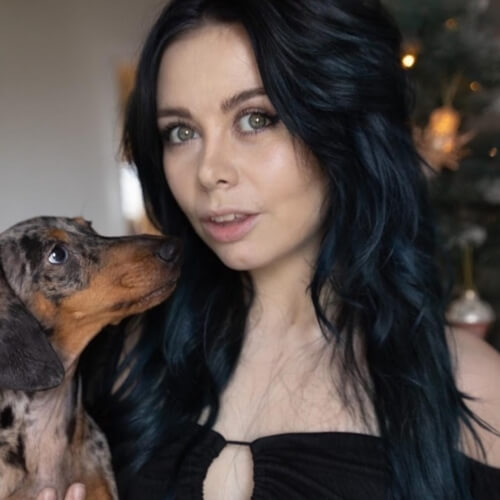
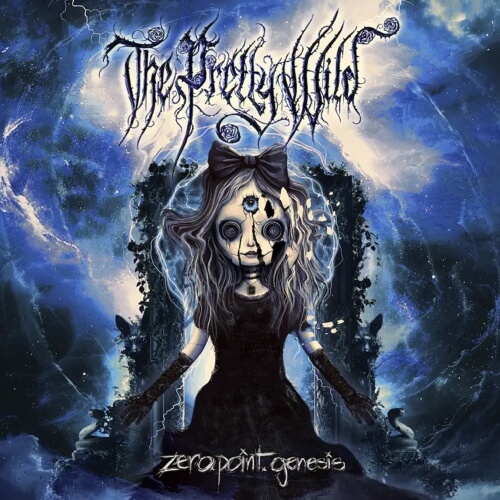
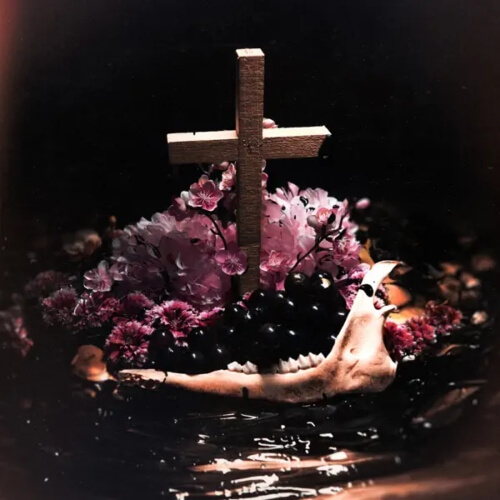
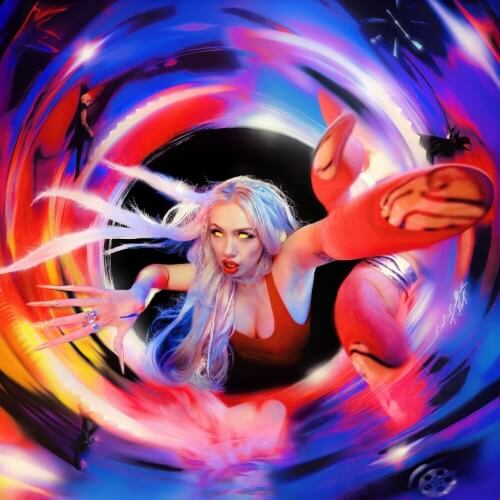
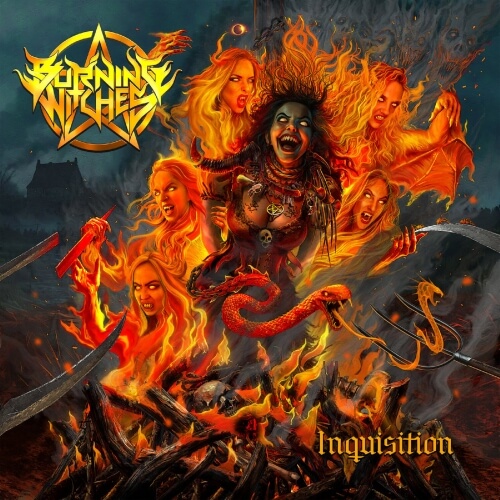
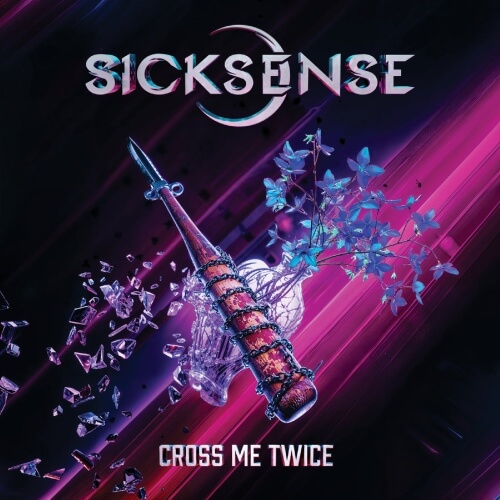
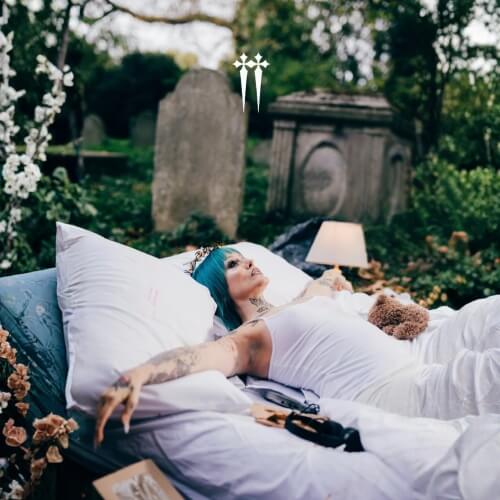
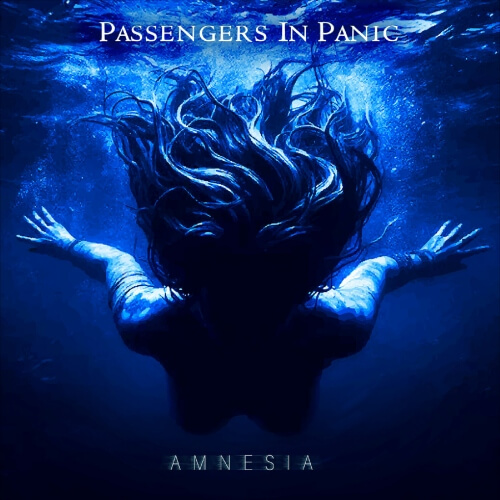
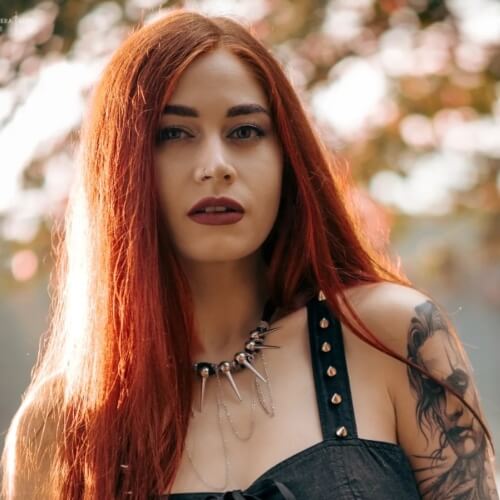
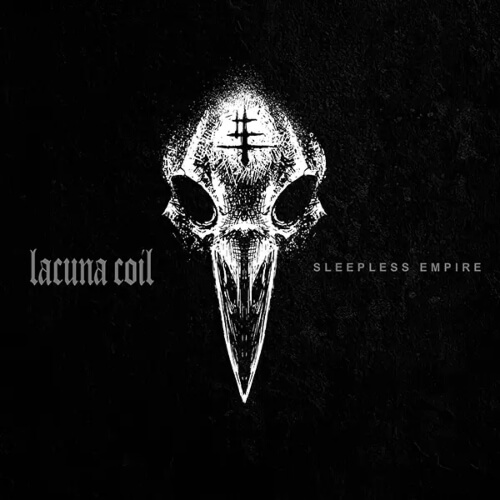
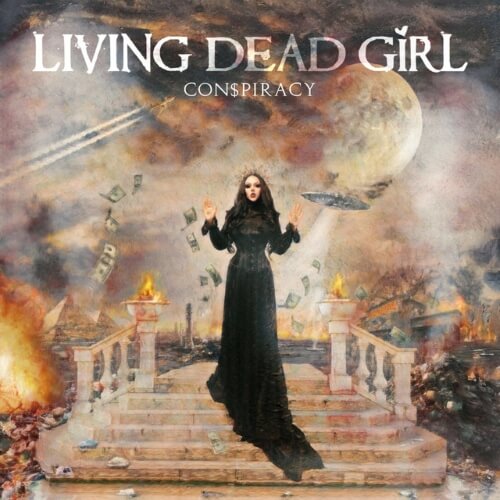
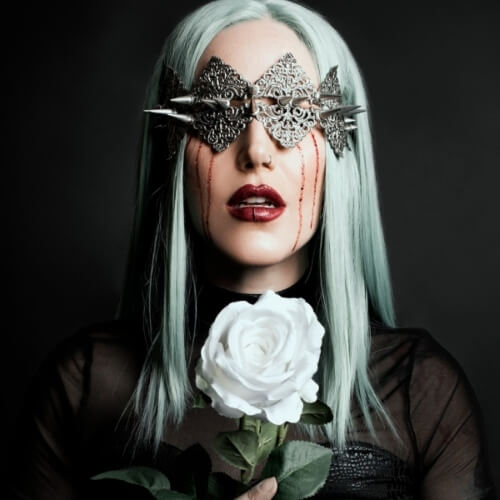
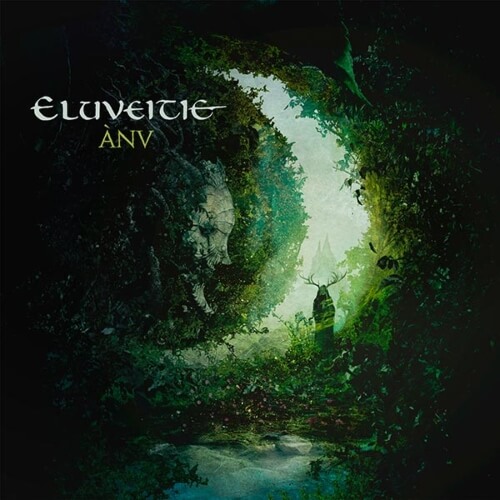
0 Comments